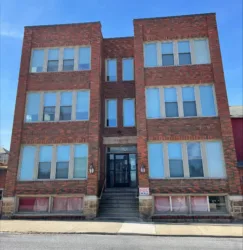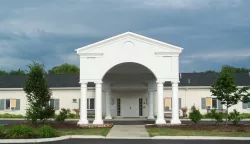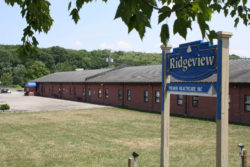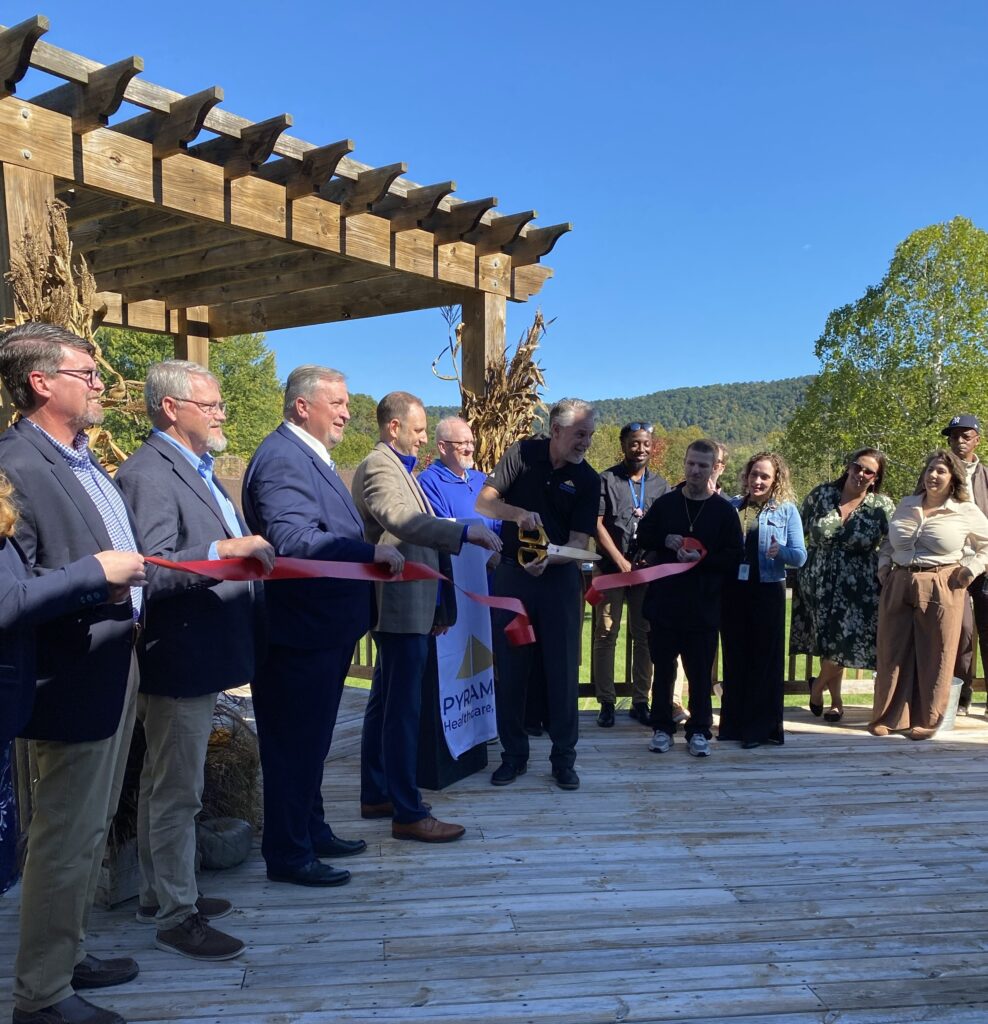What Does The Opioid Crisis in Western PA Look Like?

The opioid crisis has become one of the most devastating public health emergencies in the United States, and Pittsburgh, along with the broader region of Western Pennsylvania, has not been immune to the suffering. The impact of this crisis is far-reaching, affecting individuals, families, communities, and the healthcare system.
To appropriately face these challenges, it is helpful to know what kinds of treatments are available, especially what kinds of opioid addiction treatment programs are available for residents in Western PA.
The opioid crisis in PA
The opioid crisis has touched virtually every corner of Pittsburgh and Western Pennsylvania. Families struggle as they watch their loved ones battle addiction, children are subject to entering foster care due to a lack of proper parental support, and communities struggle to provide support for students who are dealing with the trauma of losing a parent to opioids.
Social services and healthcare systems are under immense pressure, too, with hospitals facing a constant flow of overdose cases. The economic impact is equally significant, with employees and employers facing challenges in the workplace, and public funds are increasingly being reallocated to address the crisis.
Opioid overdose death statistics continue to flux. According to an updated article, “The medical examiner’s office data says 2023 saw 665 deaths, down from 689 in 2022. A significant drop since a 15-year high in 2017 of 835. It’s still not as low as the 15-year low of 237 in 2009.”
Fentanyl, a synthetic opioid that is significantly more potent than heroin, has been identified in many of these fatalities, often in combination with other substances.
Western Pennsylvania, including counties like Westmoreland, Butler, and Washington, has seen similar trends. Overdose deaths in these areas have risen sharply over the past decade, correlating with the increased availability of prescription opioids and the rise of illicit drugs like fentanyl and heroin.
The state of Pennsylvania as a whole has one of the highest overdose death rates in the country. In 2020, the Pennsylvania Department of Health reported over 5,000 drug-related overdose deaths, a significant portion of which occurred in the western part of the state.
What kind of treatment options are available for opioid misuse?
As can be seen from overdose data and numbers, recovering from opioid addiction is not easy. Because overdose risk is so high, especially when the actual contents of the drug mixture are unknown, it becomes essential for individuals to pursue treatment.
Thankfully, a range of treatment options exist to help those desiring the freedom of recovery.
Residential treatment
Residential treatment allows participants to live at a treatment facility for a specified period, usually during the initial stages of recovery. This program provides a structured and supportive environment where patients can focus entirely on their recovery without the distractions and triggers of everyday life.
Inpatient rehab typically includes a combination of medical supervision, individual and group therapy sessions and various holistic therapies like yoga and mindfulness practices. The immersive nature of inpatient rehab allows for intensive care and monitoring, making it particularly effective for those with severe addiction or co-occurring mental health disorders.
Outpatient programs
Outpatient programs offer similar therapeutic services as inpatient rehab but allow individuals to live at home and maintain their daily lives outside of treatment, usually work or school. This flexibility makes outpatient rehab a viable option for those with less severe addiction, robust social support systems and children in need of care.
Outpatient programs vary in intensity and structure, ranging from standard outpatient programs to intensive outpatient programs (IOPs) and partial hospitalization programs (PHPs). These programs often include counseling, education and support groups, giving clients a balanced approach to recovery while allowing them to apply coping strategies daily.
Medication-Assisted Treatment
Medication-assisted treatment (MAT) combines medication use with behavioral therapies to provide a comprehensive approach to addiction recovery. MAT is particularly effective for opioid use, where medications like methadone, buprenorphine and naltrexone can help reduce cravings and withdrawal symptoms. By balancing brain chemistry and blocking the euphoric effects of opioids, these medications help individuals focus on therapy instead of potential withdrawal symptoms.
MAT is often used with other treatment modalities and is tailored to meet the individual needs of patients, making it a beneficial aspect of modern addiction treatment.
Holistic addiction treatment
Holistic approaches to addiction treatment emphasize the unity of mind, body, and spirit, recognizing that addiction affects all aspects of one’s life. Holistic programs often include therapies such as yoga, meditation, acupuncture, and art or music therapy. Holistic treatment aims to foster overall well-being and self-awareness, helping individuals develop healthier coping mechanisms and a better understanding of their emotions.
Many holistic programs also incorporate nutritional counseling and exercise, acknowledging the importance of physical health in the recovery process. Such approaches can significantly benefit individuals who may not respond well to traditional therapies alone.
Ready to begin rehab?
If you’ve struggled with the opioid crisis in Western PA and require help returning to a healthy, balanced life, help is available. Contact Pyramid Healthcare today by calling (888) 694-9996 or filling out an online contact form to contact a counselor in your area.














